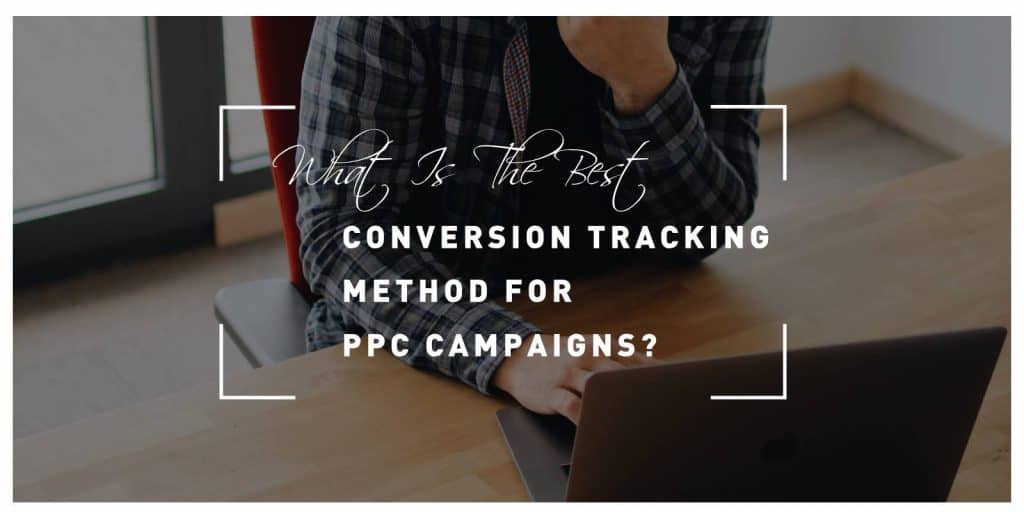Conversion tracking is a crucial component of any Pay-Per-Click (PPC) advertising campaign. It allows marketers to measure the effectiveness of their campaigns by tracking specific actions that users take after clicking on an ad. However, with various tracking methods available, choosing the best one for your PPC campaigns can be a critical decision. In this guide, we’ll explore the different conversion tracking methods and help you determine which one is the most suitable for your specific campaign objectives.
1. Website Conversion Tracking Pixels
Website conversion tracking pixels are snippets of code that you place on specific pages of your website. When a user lands on the page with the tracking pixel, it sends information back to the ad platform, allowing you to track conversions accurately.
Pros:
– Precise Tracking: Provides detailed information about user behavior on your website, including specific pages visited and actions taken.
– Customizable: You can track various types of conversions, such as form submissions, page views, and purchases.
Cons:
– Requires Technical Implementation: Placing tracking pixels requires some technical expertise, which may be challenging for less tech-savvy marketers.
– Limited Attribution: Attribution may be challenging for multi-step funnels, as it only tracks specific actions on the designated pages.
2. Google Analytics Goals
Google Analytics offers a robust set of features for tracking website activity, including conversions. Goals in Google Analytics allow you to define specific actions as conversions, such as form submissions, product purchases, or page visits.
Pros:
– Comprehensive Analytics: Google Analytics provides a wealth of data beyond conversions, offering insights into user behavior, demographics, and more.
– Advanced Segmentation: Allows you to segment your audience based on various parameters, providing deeper insights into user behavior.
Cons:
– Learning Curve: Google Analytics can be complex for beginners, and setting up goals may require a learning curve.
– Attribution Challenges: Attribution models in Google Analytics can be intricate, and it may take time to understand and apply them effectively.
3. Phone Call Tracking
For businesses that heavily rely on phone calls, call tracking is a vital method. It assigns a unique phone number to different marketing channels, allowing you to track which calls originated from specific campaigns.
Pros:
– Offline Conversion Tracking: Ideal for businesses that generate leads or sales through phone calls, providing insights into the effectiveness of PPC campaigns in driving calls.
– Keyword-Level Tracking: Allows you to attribute specific keywords to phone calls, aiding in optimizing PPC campaigns.
Cons:
– Additional Cost: Call tracking services may incur additional expenses, depending on the volume of calls.
– Integration Complexity: Integrating call tracking with your PPC campaigns and CRM system can be complex and may require technical expertise.
4. Form Submission Tracking
Form submission tracking involves monitoring how many users fill out forms on your website, such as contact forms, sign-up forms, or lead generation forms.
Pros:
– Direct Lead Measurement: Ideal for lead generation campaigns, providing clear data on the number of leads generated.
– Easy to Implement: Setting up form submission tracking is relatively straightforward and doesn’t require advanced technical skills.
Cons:
– Dependent on Form Use: It only tracks conversions related to form submissions, which may not cover all conversion types.
– Limited to Online Actions: Doesn’t account for offline conversions or phone call leads.
5. E-commerce Tracking
E-commerce tracking is specifically designed for online stores and allows you to track online sales and revenue generated from your PPC campaigns.
Pros:
– Accurate Revenue Measurement: Essential for e-commerce businesses, providing precise data on sales, revenue, and conversion rates.
– Product-Level Insights: Allows you to track the performance of individual products, aiding in product optimization and marketing strategies.
Cons:
– Specific to E-commerce: Limited to businesses with online sales, making it irrelevant for service-based or lead generation campaigns.
– Requires E-commerce Platform Integration: Integration with your e-commerce platform (e.g., Shopify, WooCommerce) is necessary for accurate tracking.
Choosing the best conversion tracking method for your PPC campaigns ultimately depends on your specific business objectives, industry, and campaign type. Each method offers unique advantages and considerations. For a comprehensive approach, consider combining multiple tracking methods to gain a holistic view of your campaign performance. Regularly analyzing your conversion data and making data-driven adjustments will lead to more effective and successful PPC campaigns.
